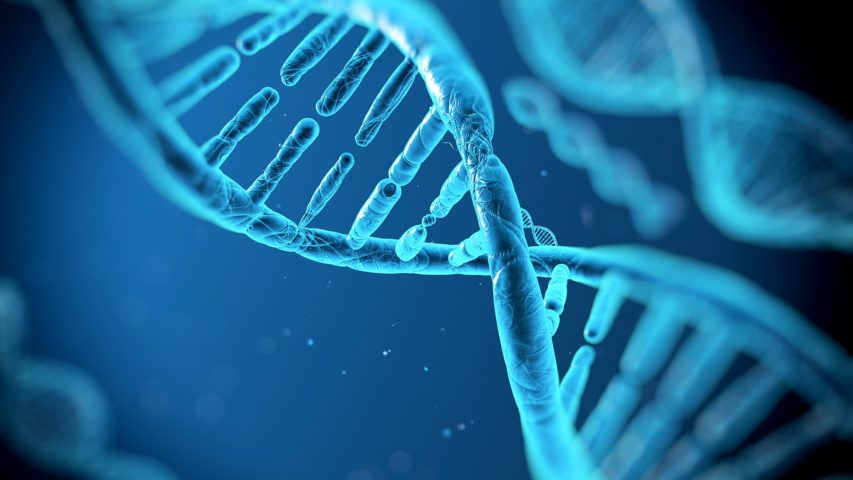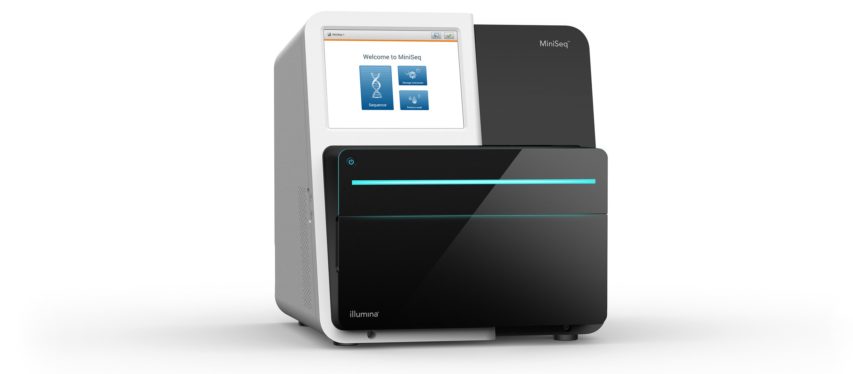The world’s smartest machine weighs less than two kilos and consumes only twenty watts of power, similar to the energy needed to light a bulb. This machine, so far unmatched by its capacity and energy efficiency, is the human brain.
Hundreds of thousands of years of evolution have been necessary to provide humans with this intelligent organ, enabling us to develop language, reason, organize ourselves in society, and create technologies for our subsistence. It goes without enumerating the many discoveries and scientific advances that man has achieved until today. Our insatiable curiosity to understand the world around us and our constant quest to imitate nature, has led to the creation of important technologies for our benefit and maximize productivity. However, today we could be on the verge of one of the most important and transforming technological advances of all time. Are we able to develop machines or organisms that are smarter than ourselves?
Artificial Intelligence could be defined as the intelligence exhibited by machines, which through computational algorithms, can analyze behavioral patterns and learn from them, make inferences and take decisions. Artificial Intelligence is not new and its beginnings date back to the middle of last century with the invention of the first computers. Since then, machines have been able to solve mathematical problems, answer logic riddles, imitate language, win chess games against professional players (humans), and most recently Go. Today, Artificial Intelligence is part of everyday life for many – we have personal assistants like Apple’s Siri that reminds us of our work appointments, facial recognition software that automatically suggests friends to tag on Facebook, as well as programs that recommend music or books to us according to our (and others’) interests or previous searches and purchases. However, this type of Artificial Intelligence is still able to perform only a few very specific tasks.
According to experts on the subject, we are on our way to developing a Superintelligence, which could be artificially created or could be attained by biological enhancements to our own brains. This Superintelligence is somehow defined as an intelligence that would be able to outperform current humans in several crucial fields; an Artificial Intelligence that could 100% emulate the functioning capability of our brain or a generation of genetically modified humans that could have an intelligence much higher than ours. This Superintelligence, in turn, would be able to invent other more powerful intelligence and so on, to leave our species completely behind.
While all this sounds incredible and distant, experts believe that the beginning of this era might be closer than we think. Some of them estimate a 90% chance Superintelligence will be achieved by 2075, with the remaining 10% believing that this would be possible by 2025. At the pace that technological advances are happening today, and with the above “expert” opinions, one could say that this Superintelligence could occur in the middle of this century. And the thing is that both the fields of Genetic Engineering and Artificial Intelligence are experiencing an exceptional period in which many important economic players are investing heavily in them. For example, let’s take a look at the latter.
Only in the last five years, more than thirty companies developing Artificial Intelligence have been acquired by large companies such as Google, Twitter, Amazon, Intel or Apple. Google takes the lead in this race with ten acquisitions, mainly in the field of Machine Learning, followed by Twitter with four, which are focused on image recognition.
An example of recent acquisitions is DeepMind, which Google bought for USD600 million. In recent days, DeepMind just announced a partnership with the UK’s s National Health System (NHS) to create an intelligent algorithm to help detect potential eye problems in their patients.
Another example came last week from a recognized electronics manufacturer. The CEO of Sony, Kazuo Hirai just announced a few days ago its plan to invest USD100 million dollars in its department of Artificial Intelligence. Its recent acquisition of Cogitai, a company of Machine Learning, is a key part of this strategy.
We are living an important era in the development and maturation of significant emerging technologies. Although, it would be irresponsible to start jumping into conclusions, we must be vigilant, not only for investment opportunities, but the possible paths that these advancements can take and how they will impact humanity as a whole.
NOTE: This article was originally published by Periódico Expreso on July 18th, 2016
Ricardo Celaya
Operating Partner at Break Off Capital
MBA Oxford University
rcelaya@breakoffcapital.com
@ricardocelaya
www.breakoffcapital.com



